Supreme Court justices dive into the question of when and if rousting homeless encampments amounts to cruel and unusual punishment.
On Monday, the U.S. Supreme Court heard arguments about whether a small Oregon city can cite and prosecute homeless people for sleeping in public places when they have nowhere else to lay their heads.
Attorney Theane Evangelis, representing Grants Pass, disagreed: “These laws are about conduct for everyone,” she told the justices. “There is nothing in this law that criminalizes homelessness.” But, as Justice Sonia Sotomayor pointed out, the law really does only apply to homeless people.
United Kingdom Latest News, United Kingdom Headlines
Similar News:You can also read news stories similar to this one that we have collected from other news sources.
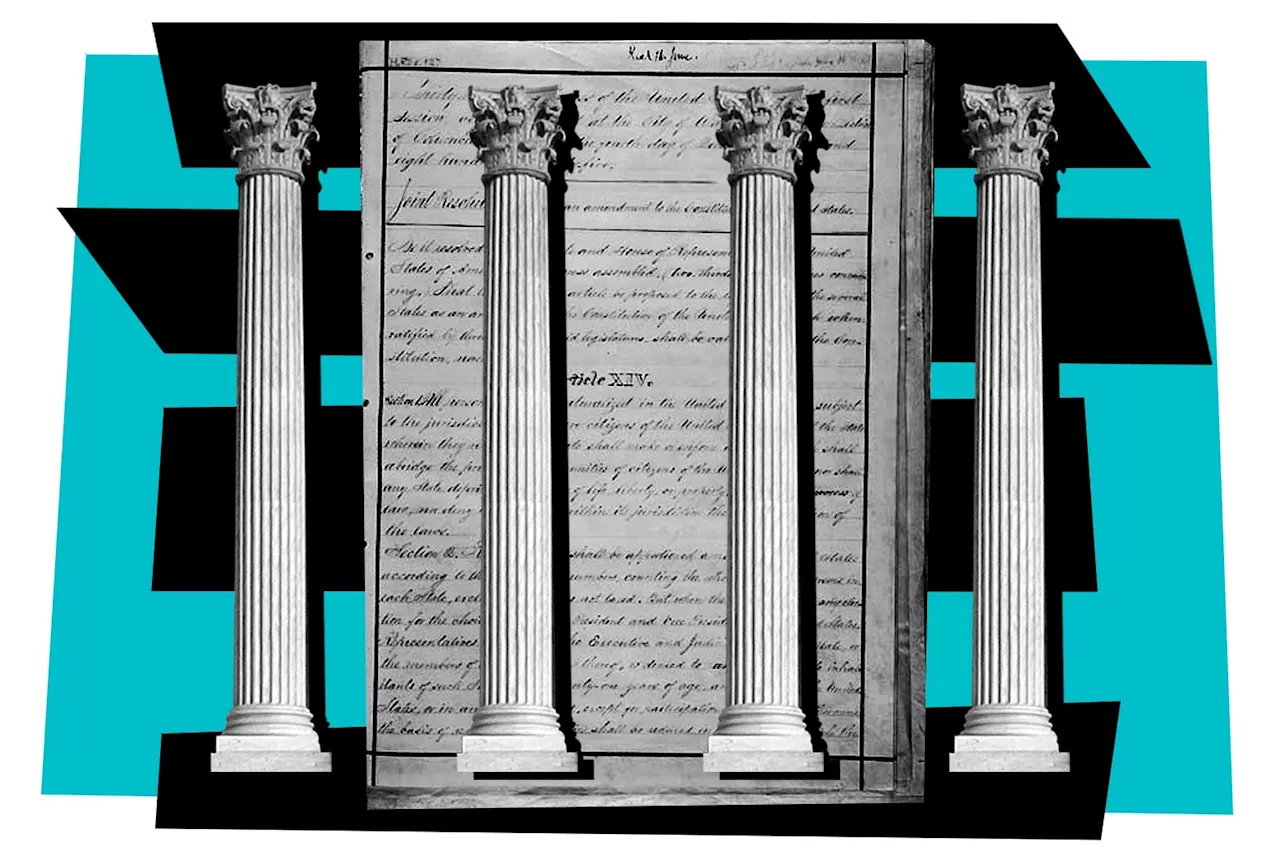 Will the Supreme Court Uphold the 14th Amendment and Block an Oregon Law Criminalizing Homelessness?With the gap between the richest and poorest Americans growing, the justices will hear oral argument on Monday in City of Grants Pass v. Johnson.
Will the Supreme Court Uphold the 14th Amendment and Block an Oregon Law Criminalizing Homelessness?With the gap between the richest and poorest Americans growing, the justices will hear oral argument on Monday in City of Grants Pass v. Johnson.
Read more »
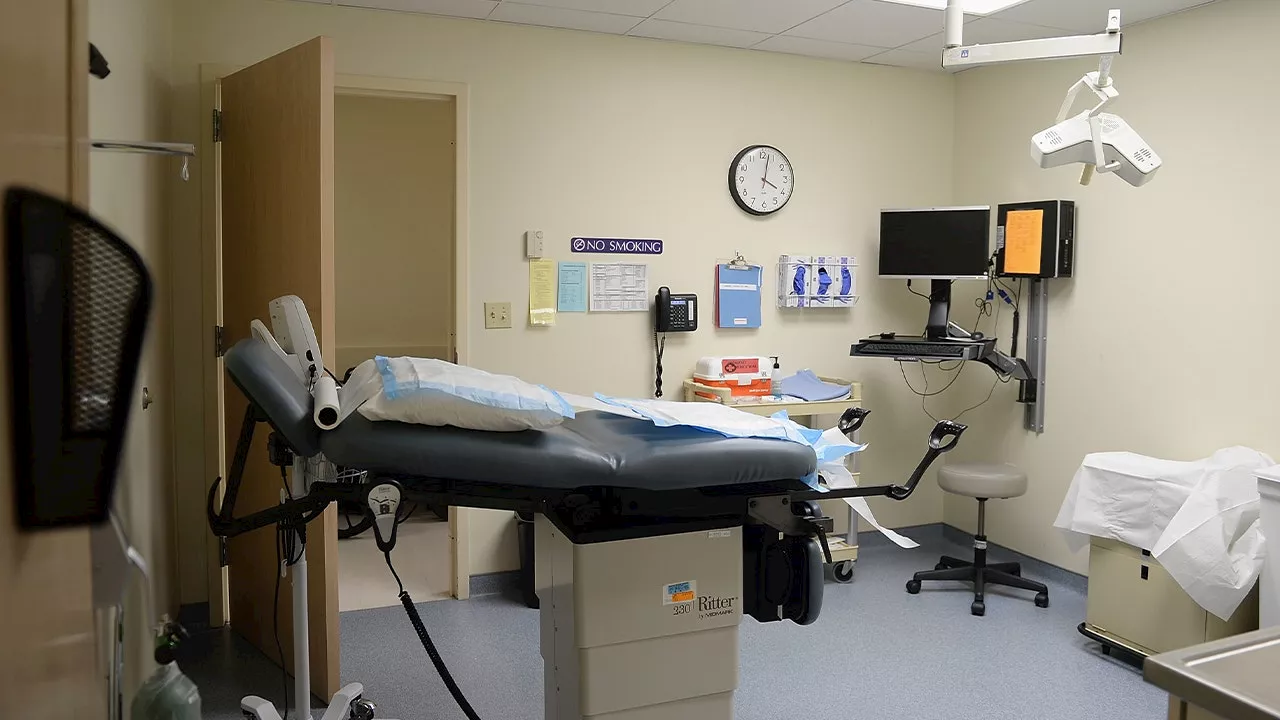 Arizona Supreme Court Allows Enforcement of Law Criminalizing AbortionsThe Arizona Supreme Court has ruled that the state government can enforce a law that criminalizes nearly all abortions, causing legal uncertainty about the legality of abortion in Arizona.
Arizona Supreme Court Allows Enforcement of Law Criminalizing AbortionsThe Arizona Supreme Court has ruled that the state government can enforce a law that criminalizes nearly all abortions, causing legal uncertainty about the legality of abortion in Arizona.
Read more »
 Arizona Supreme Court Allows Enforcement of Law Criminalizing Most AbortionsThe Arizona Supreme Court has ruled that a long-dormant law criminalizing most abortions can be enforced, with the exception of cases where the mother's life is at stake. The law, which dates back to 1864, does not provide exceptions for rape or incest. Doctors may face prosecution for performing the procedure, with a potential prison sentence of two to five years. The ruling comes after a 2022 decision by the state Court of Appeals that doctors couldn't be charged for performing abortions within the first 15 weeks of pregnancy.
Arizona Supreme Court Allows Enforcement of Law Criminalizing Most AbortionsThe Arizona Supreme Court has ruled that a long-dormant law criminalizing most abortions can be enforced, with the exception of cases where the mother's life is at stake. The law, which dates back to 1864, does not provide exceptions for rape or incest. Doctors may face prosecution for performing the procedure, with a potential prison sentence of two to five years. The ruling comes after a 2022 decision by the state Court of Appeals that doctors couldn't be charged for performing abortions within the first 15 weeks of pregnancy.
Read more »
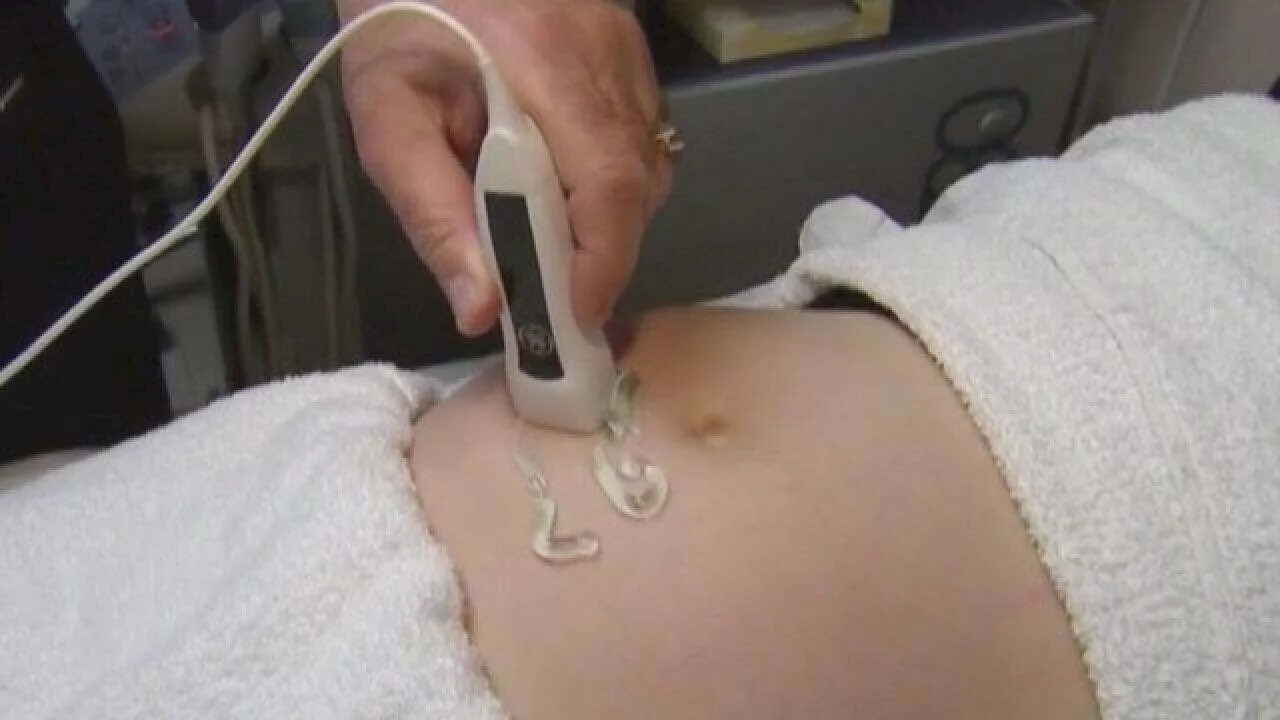 Arizona Supreme Court Allows Enforcement of Law Criminalizing Most AbortionsThe Arizona Supreme Court has ruled that a long-dormant law criminalizing most abortions can be enforced, except in cases where the mother's life is at risk. The law provides no exceptions for rape or incest and carries a prison sentence of two to five years for doctors or anyone assisting in an abortion. The decision opens the door to prosecuting doctors who perform the procedures.
Arizona Supreme Court Allows Enforcement of Law Criminalizing Most AbortionsThe Arizona Supreme Court has ruled that a long-dormant law criminalizing most abortions can be enforced, except in cases where the mother's life is at risk. The law provides no exceptions for rape or incest and carries a prison sentence of two to five years for doctors or anyone assisting in an abortion. The decision opens the door to prosecuting doctors who perform the procedures.
Read more »
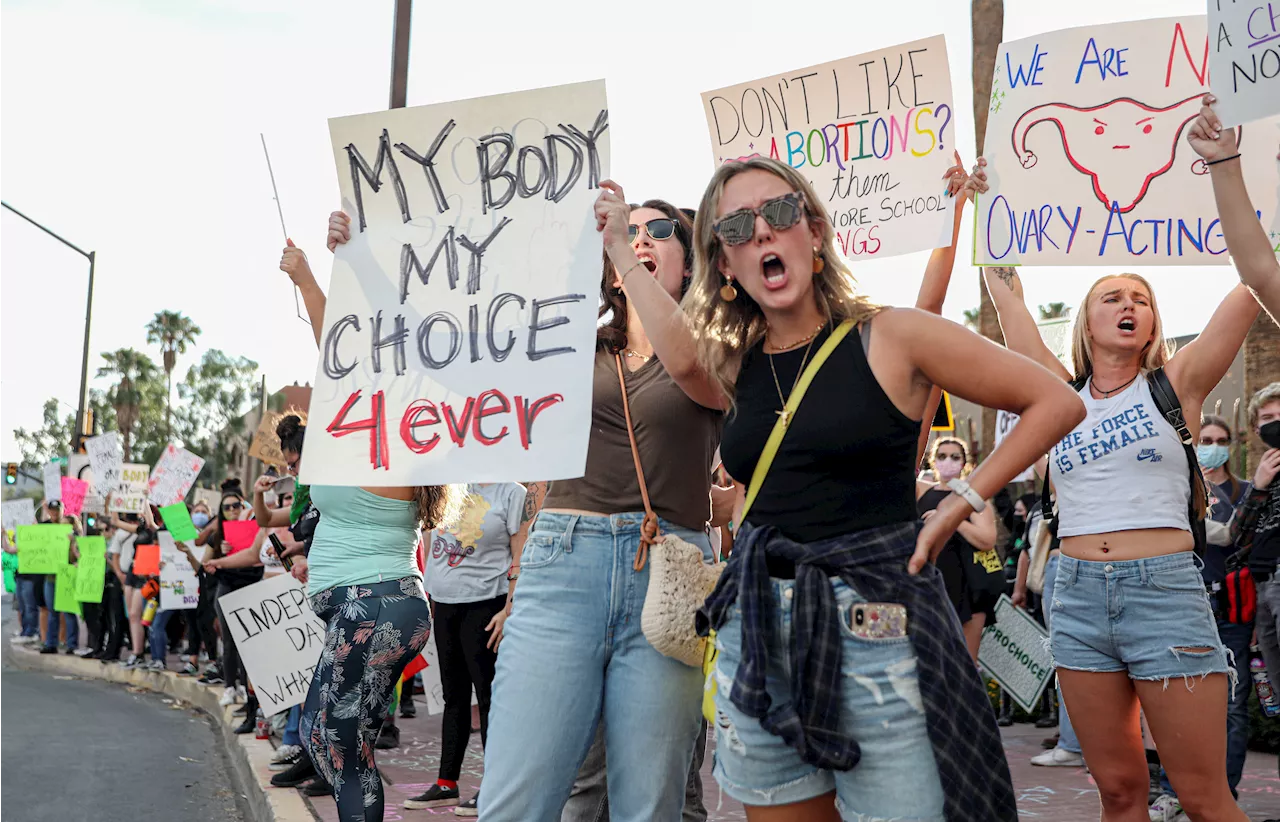 Arizona Supreme Court Allows Enforcement of Law Criminalizing AbortionThe Arizona Supreme Court has ruled that officials may enforce an 1864 law criminalizing all abortions except when a woman's life is at stake. The law provides no exceptions for rape or incest. The number of abortions in the state is expected to drop significantly.
Arizona Supreme Court Allows Enforcement of Law Criminalizing AbortionThe Arizona Supreme Court has ruled that officials may enforce an 1864 law criminalizing all abortions except when a woman's life is at stake. The law provides no exceptions for rape or incest. The number of abortions in the state is expected to drop significantly.
Read more »
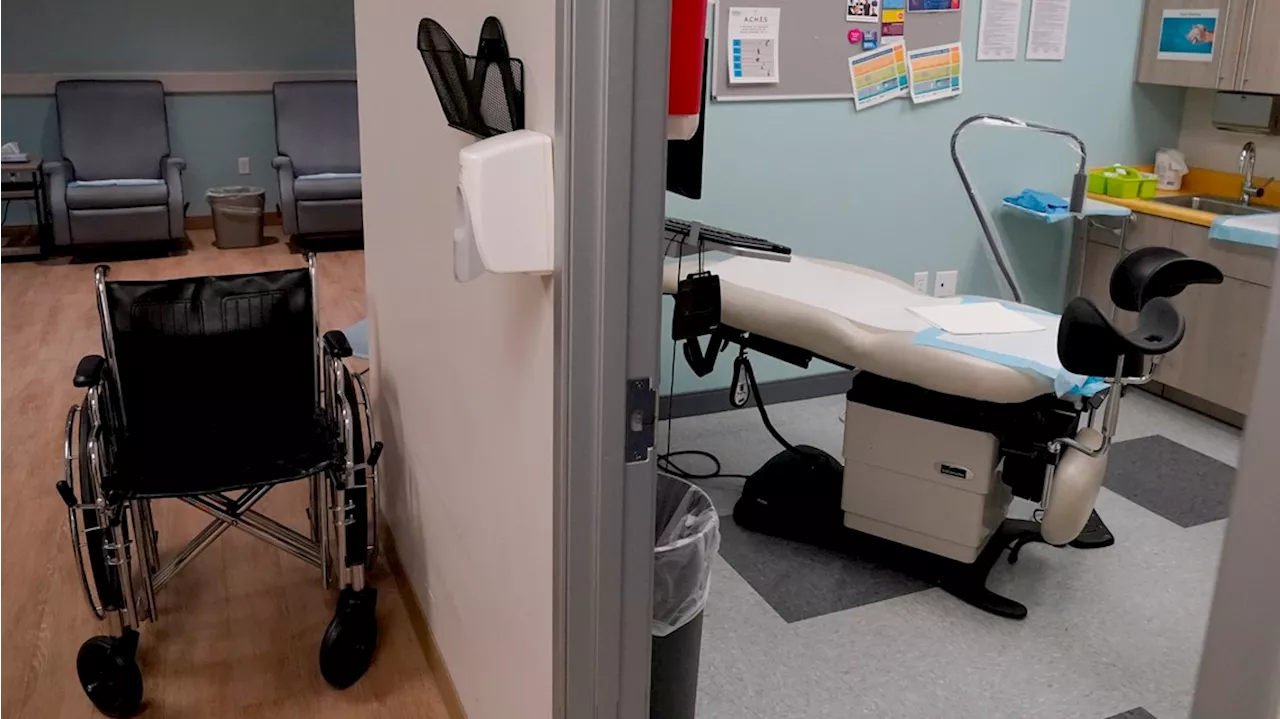 Arizona Supreme Court Allows Enforcement of Law Criminalizing Most AbortionsThe Arizona Supreme Court has ruled that a long-dormant law criminalizing most abortions can be enforced, with the exception of cases where the mother's life is at stake. The law, which dates back to 1864, does not provide exceptions for rape or incest. Doctors may face prosecution for performing the procedure, with a potential prison sentence of two to five years. The ruling comes after a 2022 decision by the state Court of Appeals that doctors couldn't be charged for performing abortions within the first 15 weeks of pregnancy.
Arizona Supreme Court Allows Enforcement of Law Criminalizing Most AbortionsThe Arizona Supreme Court has ruled that a long-dormant law criminalizing most abortions can be enforced, with the exception of cases where the mother's life is at stake. The law, which dates back to 1864, does not provide exceptions for rape or incest. Doctors may face prosecution for performing the procedure, with a potential prison sentence of two to five years. The ruling comes after a 2022 decision by the state Court of Appeals that doctors couldn't be charged for performing abortions within the first 15 weeks of pregnancy.
Read more »
